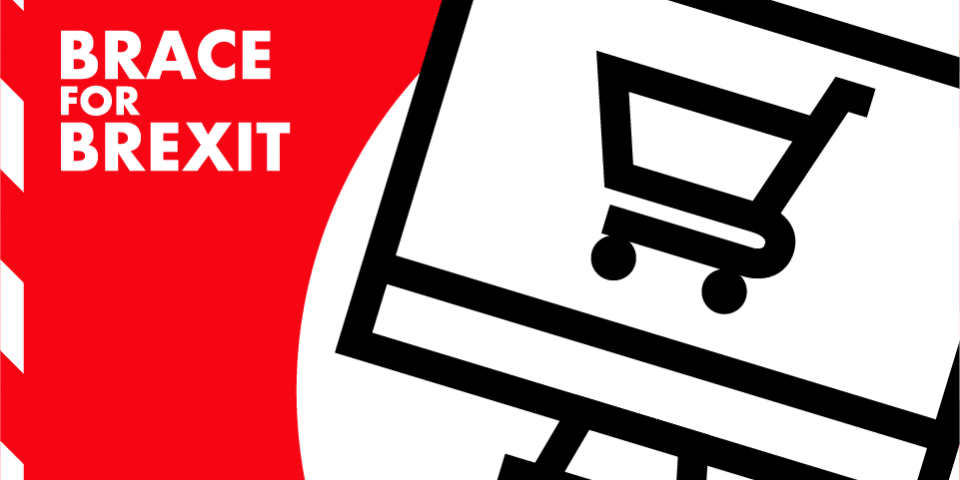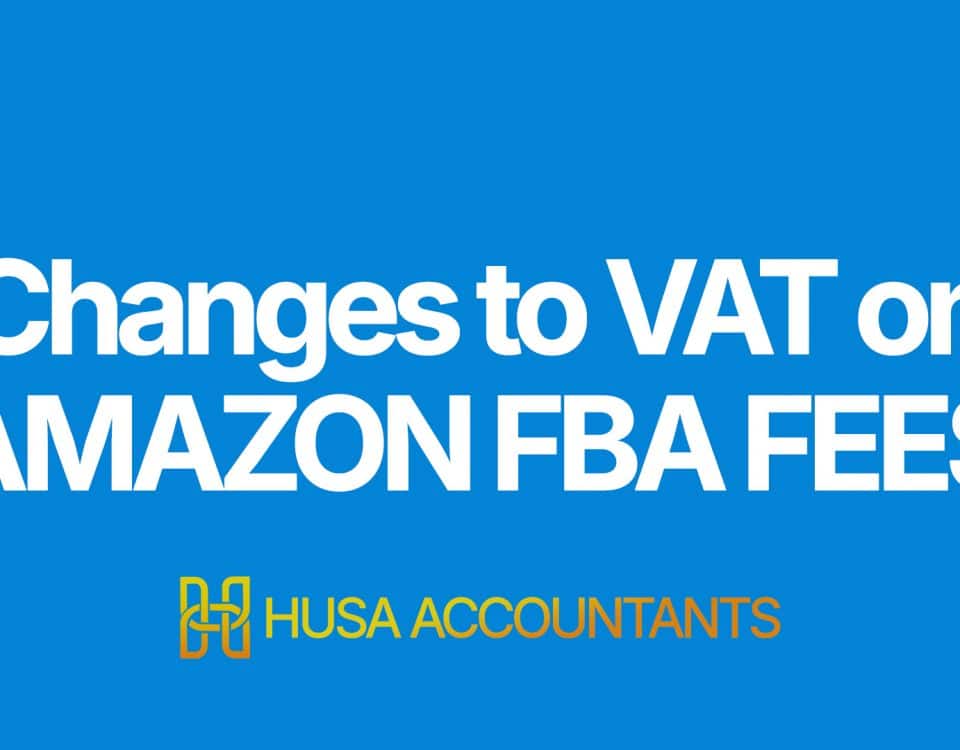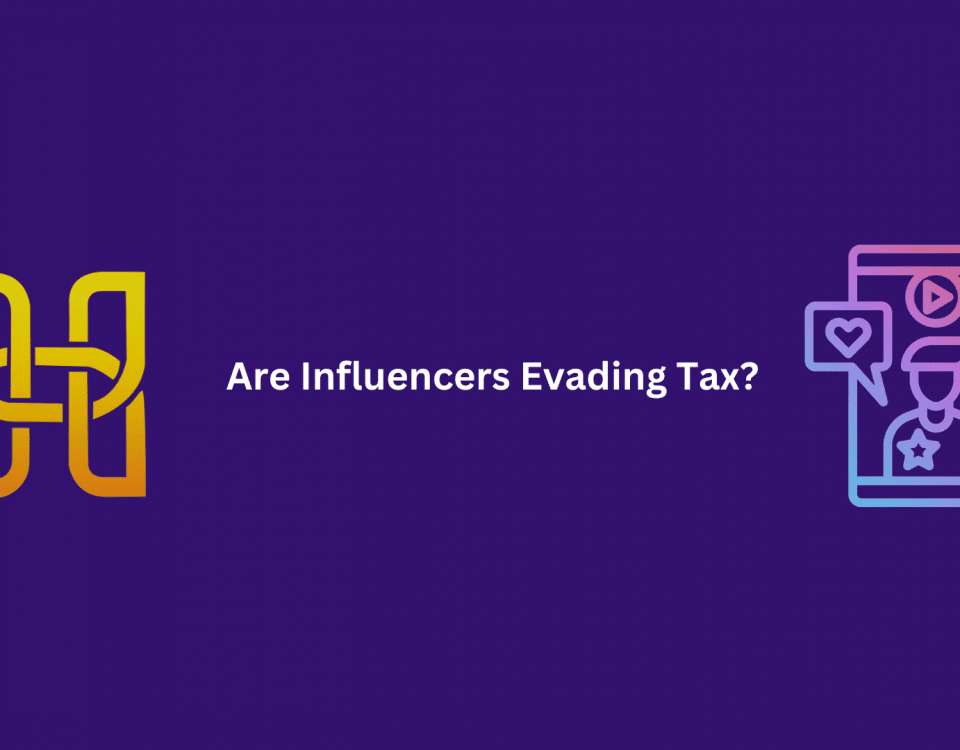I am referring to buyers in Great Britain (GB) in this article, as that excludes Northern Ireland, where the rules will be different from 1 January 2021.
The VAT changes that will take effect for OMPs on 1 January 2021 will only apply to those goods that are being sold by overseas sellers. It will be business as usual for the OMP’s own goods they sell in the UK, or for those goods owned by UK-based sellers.
For example, a shipment of two print cartridges in the same consignment with a selling price to the final customer of £70 each is a shipment exceeding £135.
Shipments of goods into GB with a value of less than £135 will be subject to sales VAT in 2021 and not import VAT. This is a major change.
Here are two practical examples, only relevant to goods sold by an overseas seller through an OMP:
The OMP will invoice ABC for £100 plus £20 UK VAT, and account for this tax on its next VAT return.
The OMP will still invoice DEF but will not charge VAT. The sales invoice will be noted along the lines of ‘reverse charge by customer’. DEF will account for output tax of £20 in Box 1 and claim the same amount as input tax in Box 4 because it is a fully taxable business, ie no input tax restriction with partial exemption or non-business use.
However, this is another instance where reverse charging will be adopted by UK businesses buying goods.
What is an OMP?
The HMRC definition of an OMP is clear: “Any electronic interface (website or mobile application) such as a marketplace, platform, portal or similar that facilitates the sale of goods to customers.”The VAT changes that will take effect for OMPs on 1 January 2021 will only apply to those goods that are being sold by overseas sellers. It will be business as usual for the OMP’s own goods they sell in the UK, or for those goods owned by UK-based sellers.
Goods stored in GB
Imagine the following situation: it is January 2021 and a GB customer orders goods via an OMP that are stored in GB and are owned by an overseas business. The VAT outcome will depend whether the GB customer is VAT registered or otherwise:Customer is VAT registered
The sale is being made by the overseas seller and not the OMP. The overseas seller will have a UK VAT number because it is making UK sales. So, the overseas seller invoices the VAT registered customer and charges the rate of VAT that applies for the goods in question, eg standard rated for adult's clothes and zero-rated for children’s clothes.Customer is not VAT registered
The sale is deemed to have been made by the OMP, ie the OMP will invoice the customer and charge the correct rate of VAT. The overseas seller will raise a zero-rated invoice to the OMP for the goods and record this sale in Box 6 of its UK VAT return. Zero-rating applies to all goods sold by the overseas seller to the OMP.Goods outside the UK at time of sale
A key feature of post-Brexit trading is that there will be different VAT rules for imports of goods into GB worth less than £135. This is the total shipment value excluding VAT and not the value of each individual item.For example, a shipment of two print cartridges in the same consignment with a selling price to the final customer of £70 each is a shipment exceeding £135.
Shipments of goods into GB with a value of less than £135 will be subject to sales VAT in 2021 and not import VAT. This is a major change.
Here are two practical examples, only relevant to goods sold by an overseas seller through an OMP:
Example 1
ABC Bookkeeping Services in Leeds is not VAT registered and has ordered a print cartridge from a French supplier costing £100 excluding VAT. The order has been made through an OMP and the cartridge is in France at the time of the order.The OMP will invoice ABC for £100 plus £20 UK VAT, and account for this tax on its next VAT return.
Example 2
DEF Accountants in Leeds is VAT registered and has ordered a print cartridge from a French supplier costing £100 excluding VAT. The order has been made through an OMP and the cartridge is in France at the time of the order. DEF quoted its UK VAT number when it placed the order.The OMP will still invoice DEF but will not charge VAT. The sales invoice will be noted along the lines of ‘reverse charge by customer’. DEF will account for output tax of £20 in Box 1 and claim the same amount as input tax in Box 4 because it is a fully taxable business, ie no input tax restriction with partial exemption or non-business use.
Practical outcomes
The positive outcome of these examples is that the overseas seller does not need to register for VAT in the UK because the OMP is dealing with the VAT issues.However, this is another instance where reverse charging will be adopted by UK businesses buying goods.




